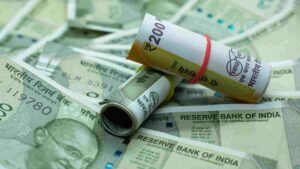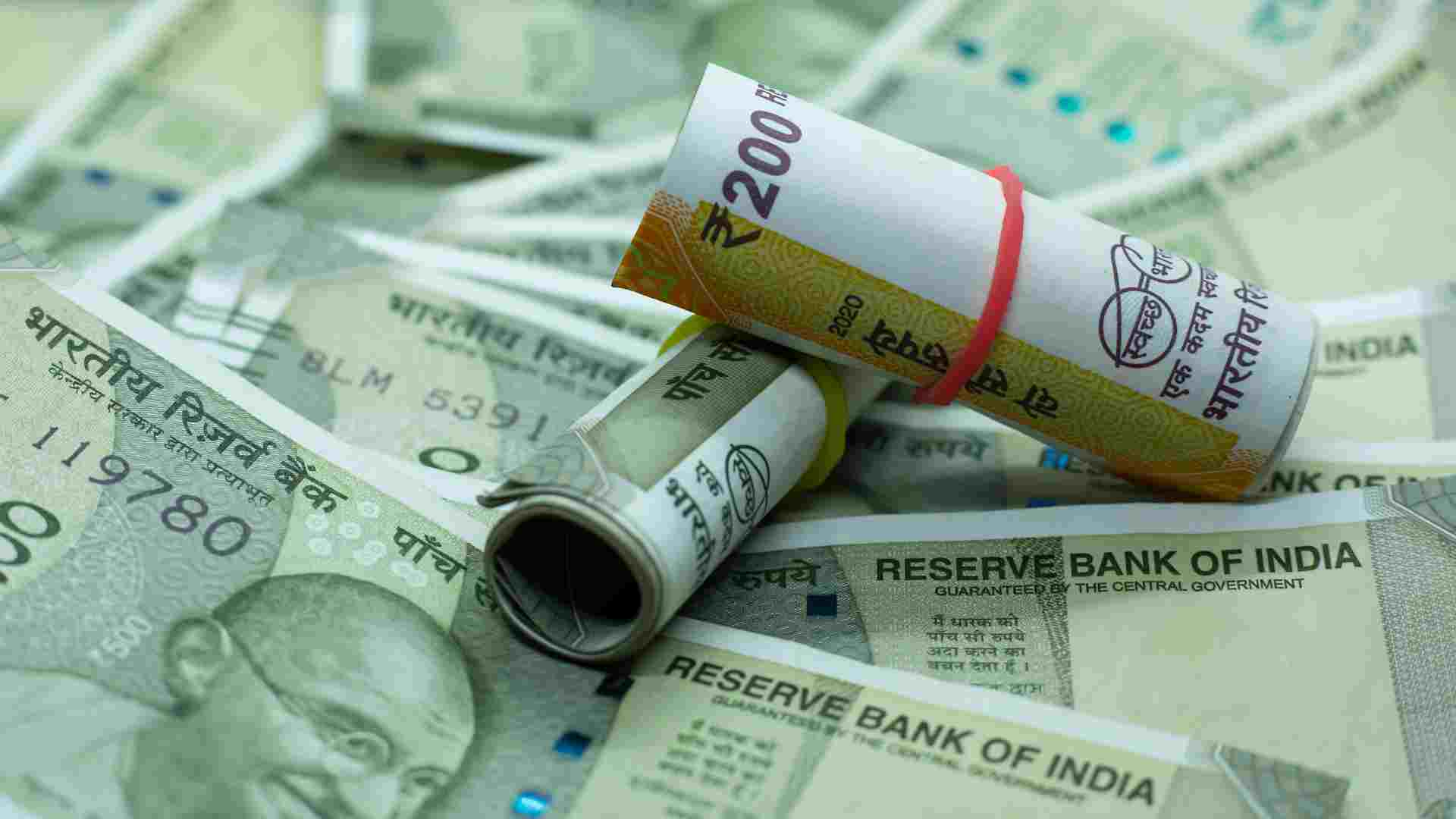The electoral bonds scam has opened up the complex nexus between business and politics, making it visible for all to see – how favours are earned and exchanged by the top 1% even as over 800 million have to be grateful for getting ‘free’ rations.
 Many reports on inequality in recent years clearly show that the gap between the rich and the poor has widened rapidly.
Many reports on inequality in recent years clearly show that the gap between the rich and the poor has widened rapidly.
Even during the COVID-19 pandemic, when everything came to a standstill and people had neither work nor money, the rich kept getting richer while their profits skyrocketed. The country’s billionaires increased their wealth by 35% during the lockdown. Mukesh Ambani earned Rs 90 crore per hour while 24% of the country was earning just Rs 3,000 per month.
The country’s middle class shrank, while poverty spread its clasps.
Economists believe we are still struggling with the economic effects of the COVID-19 pandemic. The little recovery that is happening is being attributed to K-shaped recovery. That means the GDP is increasing, but only because of the consumption and economic activity of the top 20%. More luxury goods are being purchased in the country, while the sales of essential goods are constantly declining.
Now, if we put this widening gap between the rich and the poor with the data of electoral bonds, it gives us some insights into how the rich end up hoarding so much of the country’s wealth. Today, the richest 1% of people have 40% of the country’s total wealth.
Why the electoral bonds scam is an eye-opener
The electoral fund scam has opened up a complex nexus between business and politics, which shows how intertwined they are. Huge favours are being exchanged in the name of the ‘ease of doing business’.
By now, you must have heard the name of Megha Engineering. Started in 1989 with less than ten people, today it has a turnover of Rs 40,000 crore. It came in second place in giving donations through electoral bonds to political parties. The Megha group donated Rs 1,232 crore to political parties between April 2019 and November 2023.
Would it not have received anything in return for this donation? In April 2023, just a month after it donated Rs 140 crore, it got the Thane-Borivali Twin Tunnel Project worth Rs 14,400 crore.
The directors of this company also moved forward in the list of the global rich from the 800s to 500s. The wealth of P.P. Reddy and P.V. Krishna Reddy has increased by 53% and 51% respectively, and today both have assets worth $6 billion each.
This is not just about one company: there are many such companies which are said to have received favours in exchange for bonds.
An RTI inquiry revealed that out of the Rs 5,896 crore raised in the first eleven phases, electoral bonds worth Rs 1 crore accounted for more than 91%. It is obvious that poor people are not buying electoral bonds worth Rs 1 crore.
Then there is the story of corporate haircuts. The Insolvency and Bankruptcy Code (IBC) was passed in May 2016 with the objective of recovering the increasing debt of the corporate sector. Between the years 2016 to 2023, 7,325 cases of defaulters came under this.
The value of these loans till December 2023 was Rs 23.19 lakh crore. But out of that, only Rs 3.867 lakh crore has been recovered or is expected to be recovered. Meaning more than 80% discount is being given.
Who suffers such a huge loss? This money belongs to the common citizens who deposit money in banks and whose taxes run such a system. The Financial Accountability Network has come out with an extensive report on IBC, do read it to understand how IBC functions.
The myth of ‘self-made’ billionaires
On the other hand, there is the talk of self-made billionaires. The idea is that even you can become rich if you work hard and diligently.
But would you ever have this kind of money to buy deals and favours for your business? The public is being forced to work tirelessly, while a different game is being played on the other side.
From time to time, lectures on a trickle-down economy are handed out, which means that some money will trickle down to your account too. But then you see your share snatched away in the middle by a trick like electoral bonds.
The only lesson learned from this is that if we want to save the wealth and resources of the country, we will have to adopt strict measures. Today, all over the world, people are talking about a wealth tax. There should not only be a wealth tax but also an inheritance tax on the rich.
Redistribution only way out
Economist Prabhat Patnaik estimated in 2020 that if we impose a 2% wealth tax on the richest 1% of the country, the country will earn an income of Rs 8 lakh crore, and that if a 33% inheritance tax is charged, an additional Rs 7 lakh crore can be secured.
This money can be rightfully invested towards health, employment and education.
The job of organisations like the World Equality Lab is to show us the way, but it is our government’s job to implement it.
Will the people who we elect with so much effort work for us? Or only for the rich who donate to them?
This article was originally published in The Wire and can be read here.
Centre for Financial Accountability is now on Telegram and WhatsApp. Click here to join our Telegram channel and click here to join our WhatsApp channel and stay tuned to the latest updates and insights on the economy and finance.

